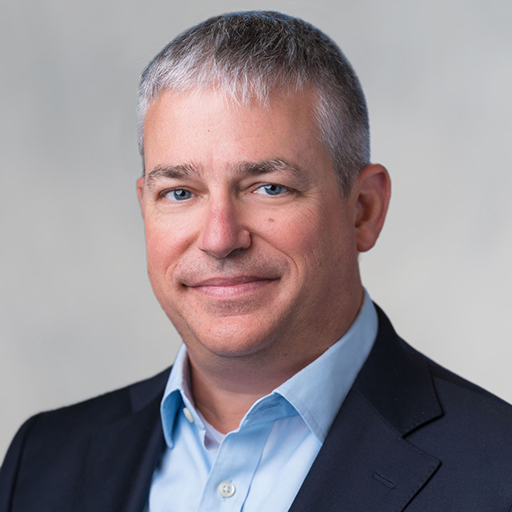Here’s the interview snippet from the interaction with Mr. Michael Cantor, CIO, Park Place Technologies.
Saumya: What are the trends that are currently shaping the data centre industry?
Michael: I’d say there are three trends shaping the data centre industry:
- Public Cloud: continuing the trend to gain advantage in costs and infrastructure support by moving services to the public cloud
- Recognition of the continuing need for local compute: the initial take that everything could be moved to the public cloud is fading as companies see that there are use cases where local computing continues to make more sense, especially at the edge. Public cloud will continue to try to adapt and consume those use cases, but they’re not there yet.
- Sustainability: the use of computing has to continue to become more efficient with less environmental impact
Saumya: What are your thoughts on the impact of industry 4.0 and emerging technologies on the data centre industry?
Michael: Industry 4.0 is about moving processing to the edge, so there’s a big impact on the data centre industry in terms of needing to have data collection and decisioning close to the manufacturing process. Much like the financial industry where every millisecond counts, I expect the same from manufacturing facilities where a delay in milliseconds can impact the manufacturing process, leading to issues such as manufacturing quality.
Saumya: How is the data centre industry growing in India? How is Park Place Technologies contributing to the industry in India?
Michael: Park Place Technologies recognizes the growth and is investing in India to ensure that companies that need our support can take advantage of our services immediately. Our TPM (Third Party Maintainence) services can ensure the equipment in the data centre is maintained cost-effectively at the highest possible uptime, our Managed Services can handle the proactive monitoring of that equipment with minimal headcount needed locally, and our Professional Services can put hands on data centre equipment for any need, whether remote hands, ITAD (IT asset Disposition), or relocations. This combination ensures world-class uptime and immediate cost savings for anyone placing a data centre in India.
Saumya: Can you shed some light on the latest solutions or products by Park Place Technologies? How are they beneficial to the customers?
Michael: We continue to expand our product coverage for TPM and our Managed Services to meet our customers’ needs. We monitor the state of the market in regards to new equipment reaching the market and coming off warranty and are constantly innovating to ensure our coverage of equipment that customers will want to put on our TPM services. On the Managed Service side, our new Storage Management services were recently introduced in response to customer requests for a service that will manage the health, capacity, and performance of storage arrays.
Saumya: What are the challenges that are being faced by the data centre industry in India?
Michael: The biggest challenge in my mind that it is more incumbent on the data centre to be self-sufficient in India, as India continues to work to strengthen the public infrastructure. Power generation, backup capacity, efficient cooling, and other physical infrastructure components have to be operated at a higher capacity than other countries with fully built out public infrastructure. India is working to rapidly meet public infrastructure needs, but data centres will have to fill the gap in the meantime to ensure the expected level of reliability.
Saumya: Can you share your views on the significance of hardware maintenance of data centres?
Michael: Every piece of equipment in the data centre is critical to ongoing operations. While response times may vary across the equipment, a business will be at risk should any of this critical infrastructure become unavailable. Monitoring the equipment proactively is critical to lowering the response time and ensuring a first-time fix. An integrated service to immediately respond upon notification failure to troubleshoot and repair the issue is also an important part of the overall effort to ensure uptime across all data centre services.
Saumya: Please share your thoughts on sustainable data centres. Why is it important?
Michael: The environmental impact of data centres is already large. Taking action to reduce the environmental impact of a data center through use of power, use of groundwater, generation of heat, and any other non renewable activities is important to the health of the planet. All of these actions have the side effect of continuing to lower the cost of data centre services as inflationary pricing continues to have a large impact on that cost. For example, the effect of lower power usage is magnified as the cost of power continues to increase.








